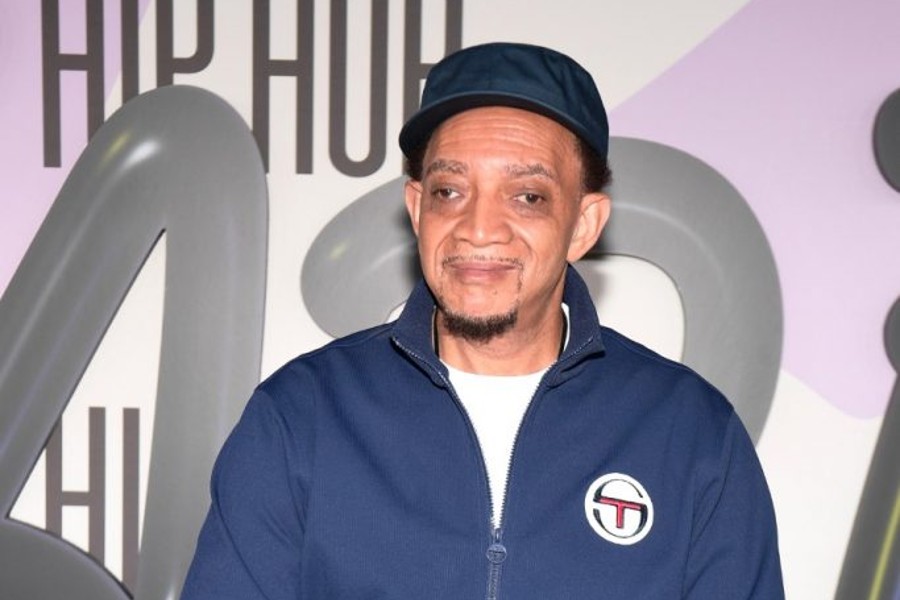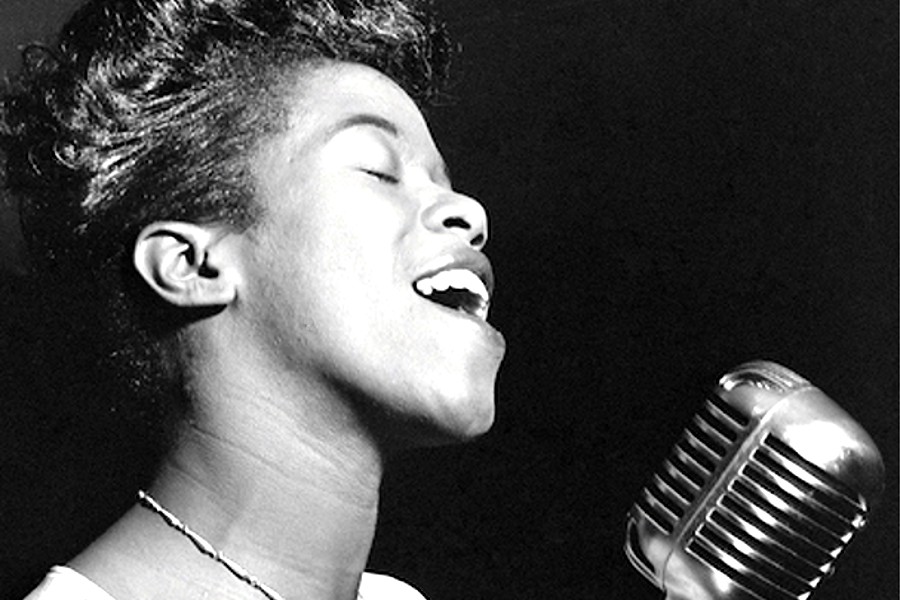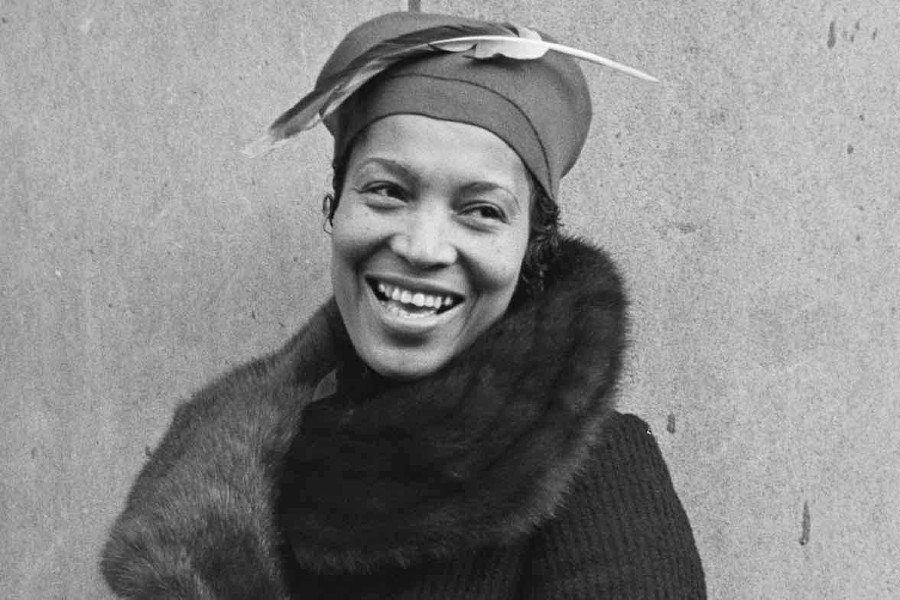 Dear Culture@3 Participants:
Dear Culture@3 Participants:
You will recall that when we announced and then launched the #ArtsGoBlack Campaign,
one purpose was for you, during a three, five or seven day period to stop business as usual, to pause and to reflect about the steps you as an individual and you as an organization could take to help end racism and advance the cause of racial and social justice. One of the things we asked you to do is to take a pledge, a pledge to take various actions that will move your organization from contemplation to action. Those of you who have taken the pledge are invited to this next step in actualizing your pledge to address racism through arts and culture.
The Caribbean Cultural Center African Diaspora Institute is hosting a series of webinars entitled “Addressing Racism through Arts & Culture.” The webinars will start on July 20, 2020 and will be three sessions long with an optional fourth session if the group requests. The agenda for the first program is already set and will address some of the most fundamental issues associated with addressing racism through programming. In order to make this program as impactful as possible, the webinar will be limited to 15 participants. If more are interested, additional sessions will be convened to run on parallel tracks. Each webinar will be a half-day long, roughly 9:00 to 12:30 or 12:00 to 4:30.
The following represents the stages that we will go through during the sessions beginning on July 20th. The goal of the training is teaching and discussing with participants how to go through the process set forth below.
Stage one is called Reflection. During this stage, the participant engages in some visible, symbolic gesture, such as “Going Black” in order to make it clear that they are taking a pause to think about the issue of racism. While we had determined artificially that this would be 3 to 5 days, it could be less or more depending upon readiness or capacity. One could be ready but not have the capacity another could have the capacity but still not be ready.
The second stage is Detection. Detection moves reflection to the next level. In the detection stage, one is able to identify the racism within one’s self, one’s staff and one’s organization. One way to do that effectively is the SWOT process.
The third stage is New Action. The word new is important here because repeating old action or putting a coat of paint on prior practices is inadequate. New action which directly flows from reflection and detection is critical.
The next stage, in what should be clear is a cycle, is Evaluation. The evaluation consists of two evaluative components: process and outcome. The process evaluation determines whether the organization engaged in a good-faith process in addressing racism. The outcome evaluation determines whether it made any difference.
As with any cyclical process that involves evaluation, the end of the evaluation will determine whether there is a need, and there usually is, for further reflection which might require detection and further new action
It turns out that what we will be providing is much more of a roadmap than it is a tool kit. We, at the Center, are not suggesting that we have concluded all four stages. In fact, we are putting ourselves through this very same introspective process.
So, if you are ready to involve yourself in some deep thinking about this issue and, as important, concrete actions you can take to address racism, then please express your interest by replying to this email so we can get a sense of class size. The facilitator for this program is José A. Rivera, President of Rivera, Sierra & Company, Inc. He was one of founding attorneys for the Puerto Rican Legal Defense Fund and one of the founders of the Puerto Rican Media Action Council, Inc. He was appointed by President Jimmy Carter as Vice Chair of the Corporation for Public Broadcasting and has served as a professor at CUNY specializing in nonprofit management. He has facilitated several programs for the Center and I will be co-facilitating with him.
This is a first-come, first served invitation. If you miss the first class starting on the 20th, you will automatically be rolled over to the next session. A simple reply with “Count me in” or similar expression will do.
I look forward to hearing from you.
Cordially,
Melody Capote
Executive Director
Caribbean Cultural Center African Diaspora Institute
Become a Harlem Insider!
By submitting this form, you are consenting to receive marketing emails from: Harlem World Magazine, 2521 1/2 west 42nd street, Los Angeles, CA, 90008, https://www.harlemworldmagazine.com. You can revoke your consent to receive emails at any time by using the SafeUnsubscribe® link, found at the bottom of every email. Emails are serviced by Constant Contact








